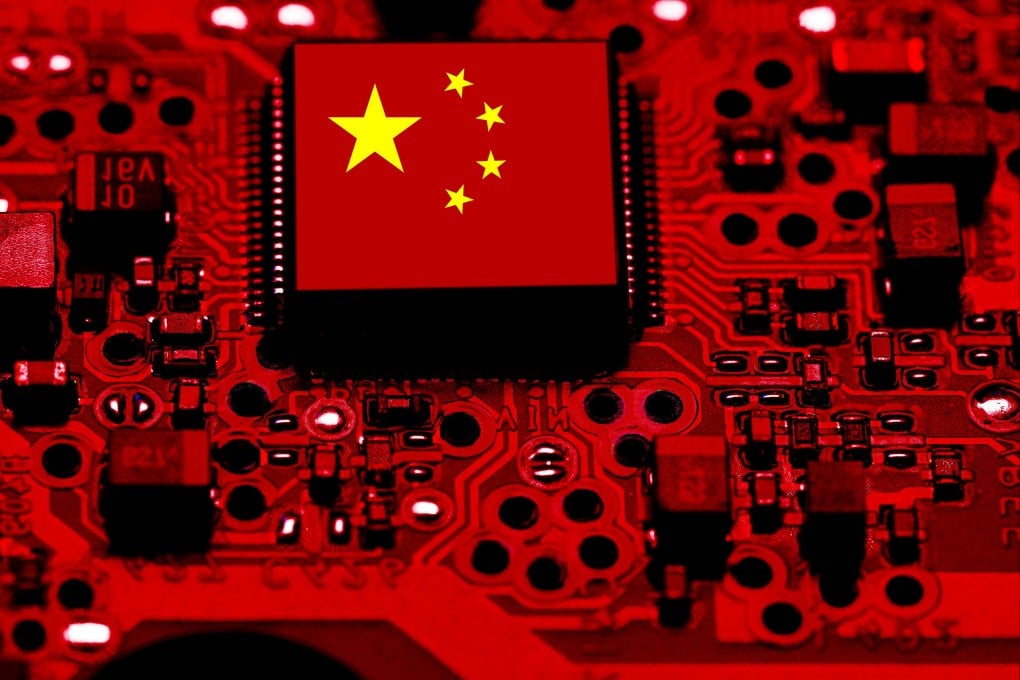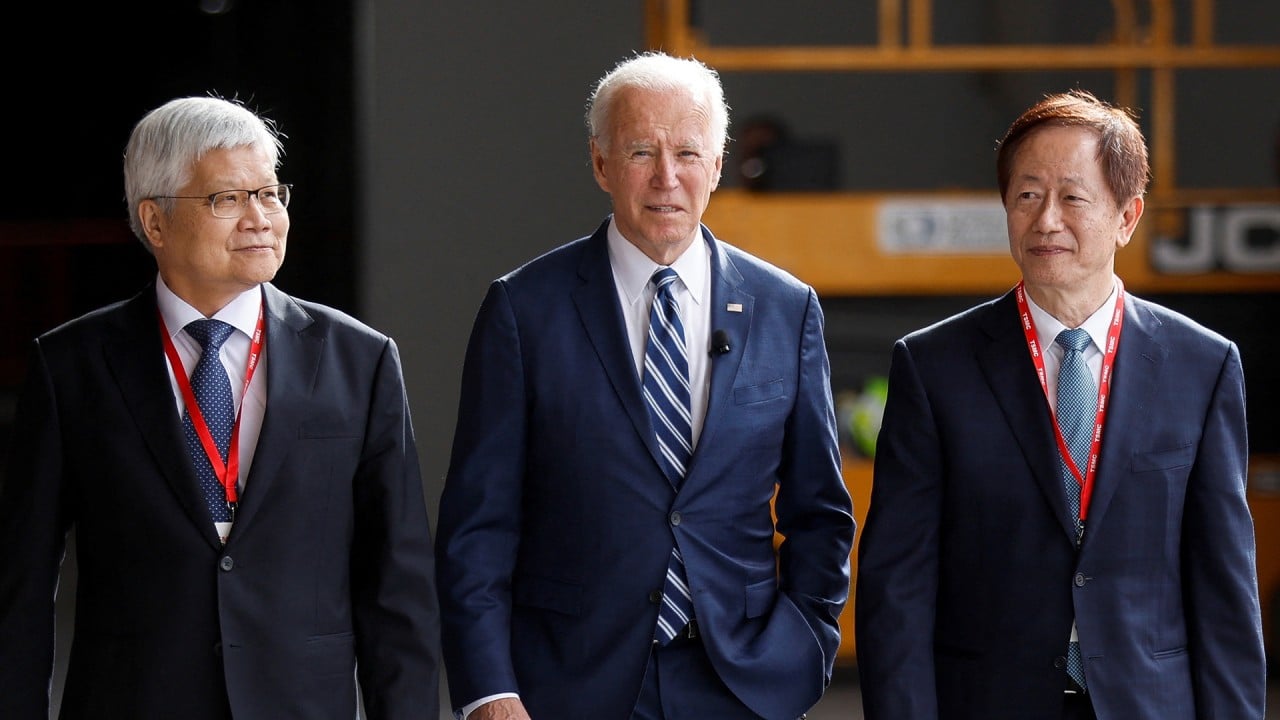US-China tech war: Alibaba’s hometown vows support for integrated circuit industry, other hard technologies
- Hangzhou, home to some of the nation’s leading technology companies, says it will encourage IC companies to take the lead in national research tasks
- The provincial capital of Zhejiang is aiming to expand its IC industry by 20 per cent a year to over US$11 billion by 2025

Hangzhou, the capital of China’s eastern Zhejiang province, has vowed to support the local integrated circuit (IC) industry amid the country’s growing technological rivalry with the US.
The Hangzhou government will “encourage integrated circuit companies to take the lead in undertaking national and provincial technological research tasks, and support major national and provincial projects that have been approved”, according to a policy announcement by the city on Tuesday.
Alibaba owns the South China Morning Post.
The Hangzhou government said last July that it aimed to expand its IC industry by 20 per cent a year to 80 billion yuan (US$11.7 billion) by 2025, as well as cultivate one to two enterprises with annual revenue of 10 billion yuan.
As part of that plan, authorities have promised subsidies of up to 50 million yuan for independent research into key materials and core equipment used in IC development.
These measures come as the central government in Beijing has shifted its emphasis to “high-quality development” after years of prioritising fast economic growth. The country is seeking to upgrade its industries amid rising competition with the US in a range of advanced technologies, an initiative that has become increasingly pertinent as Washington increases pressure on China’s chip ambitions.

